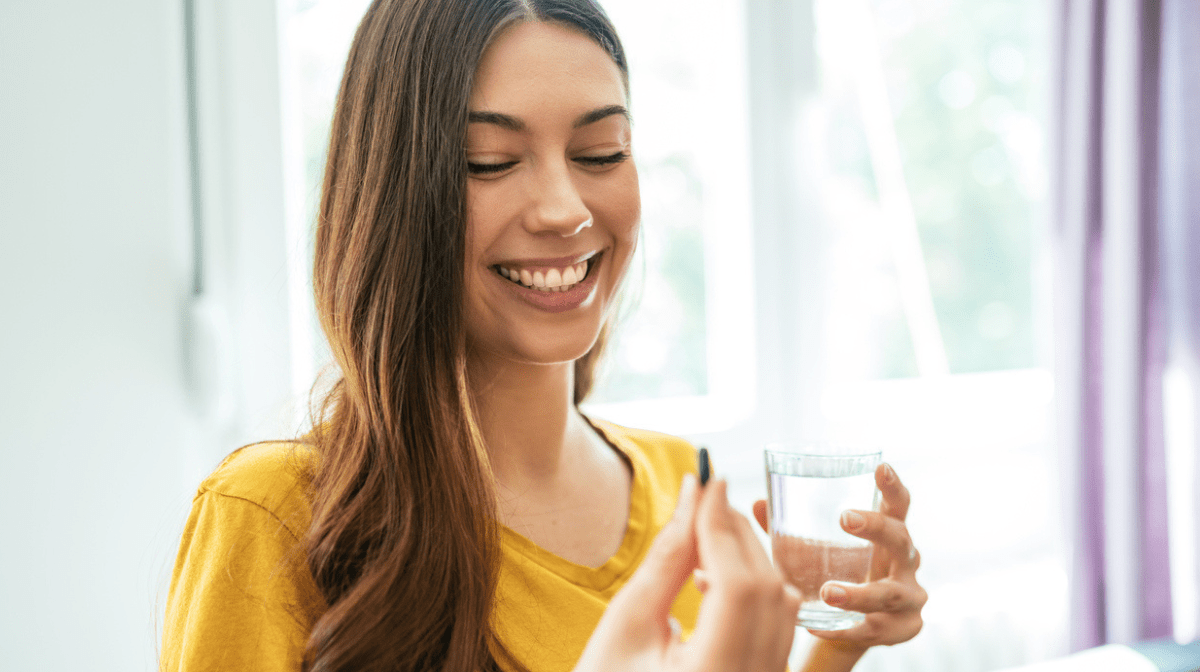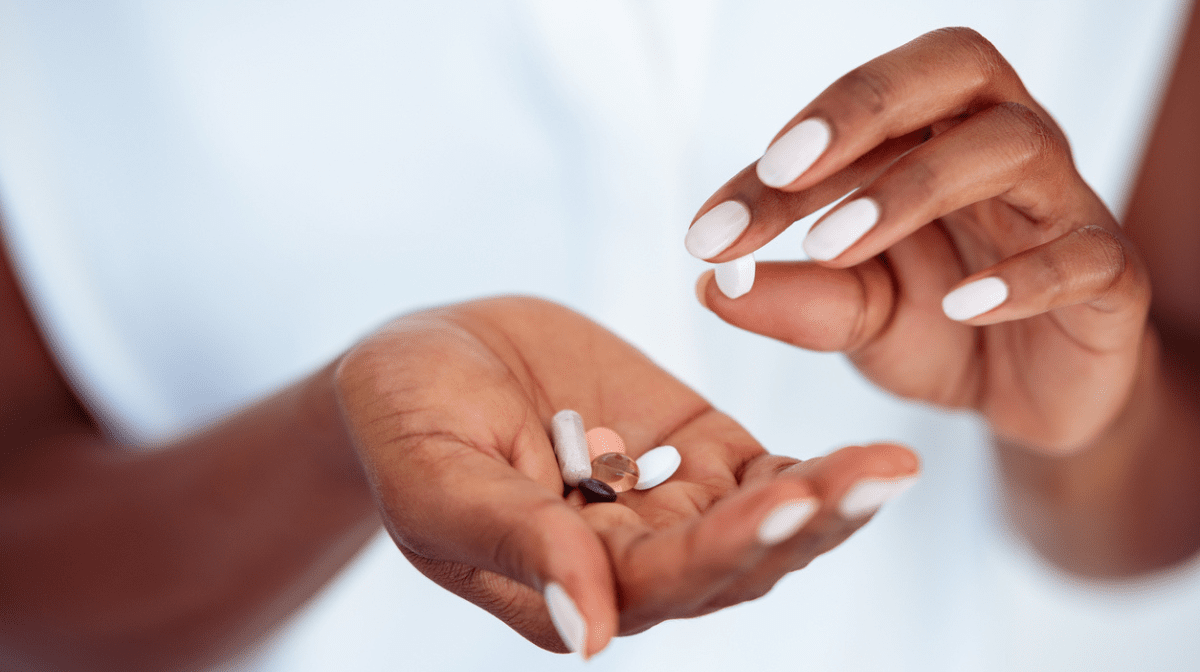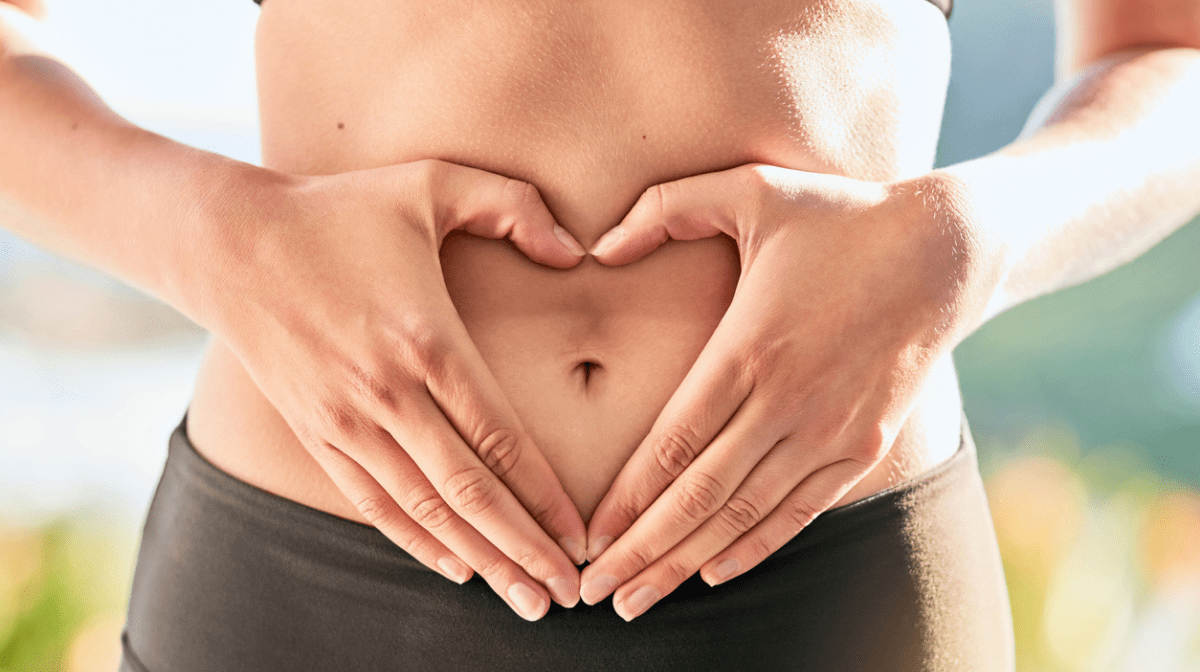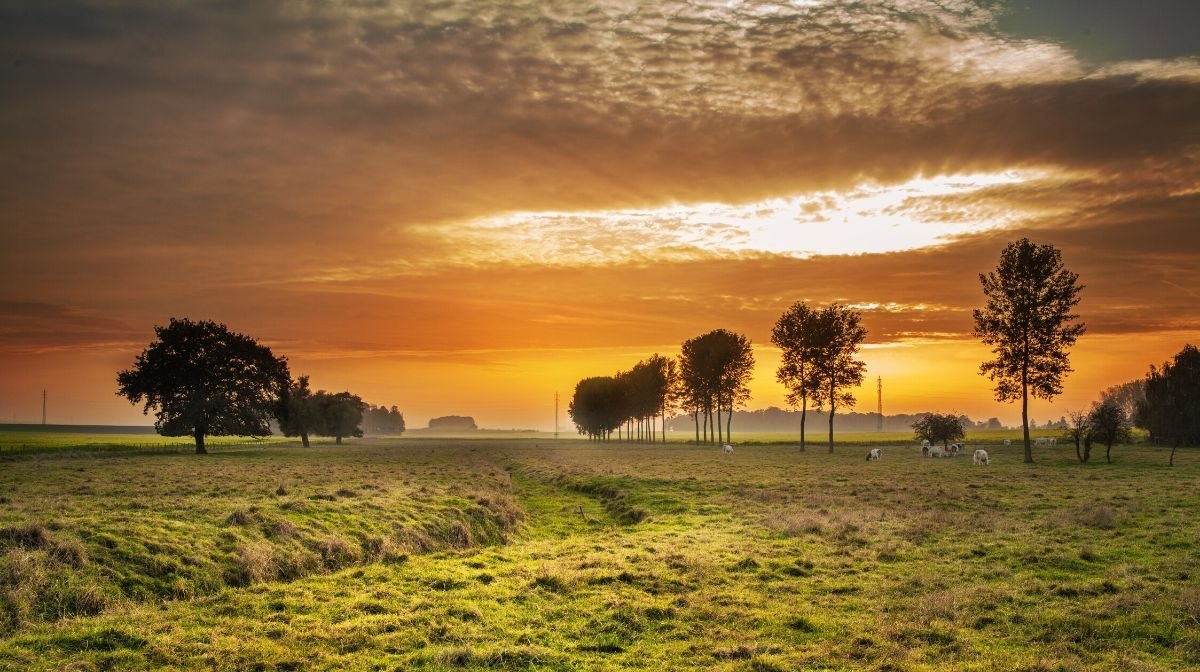
Grass-Fed Collagen: What You Need to Know
Find out what grass-fed collagen is and how to add it to your routine.
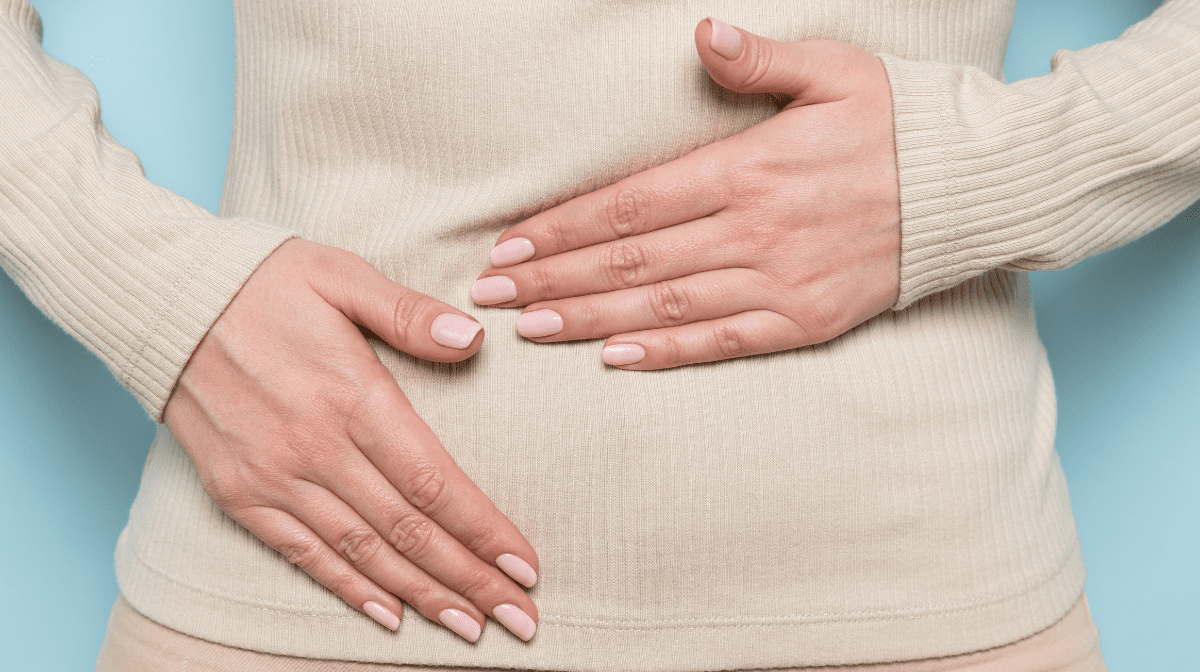
Beat the Bloat: Foods That Cause & Reduce Bloating
Discover how to beat the bloat with some simple changes to your diet.
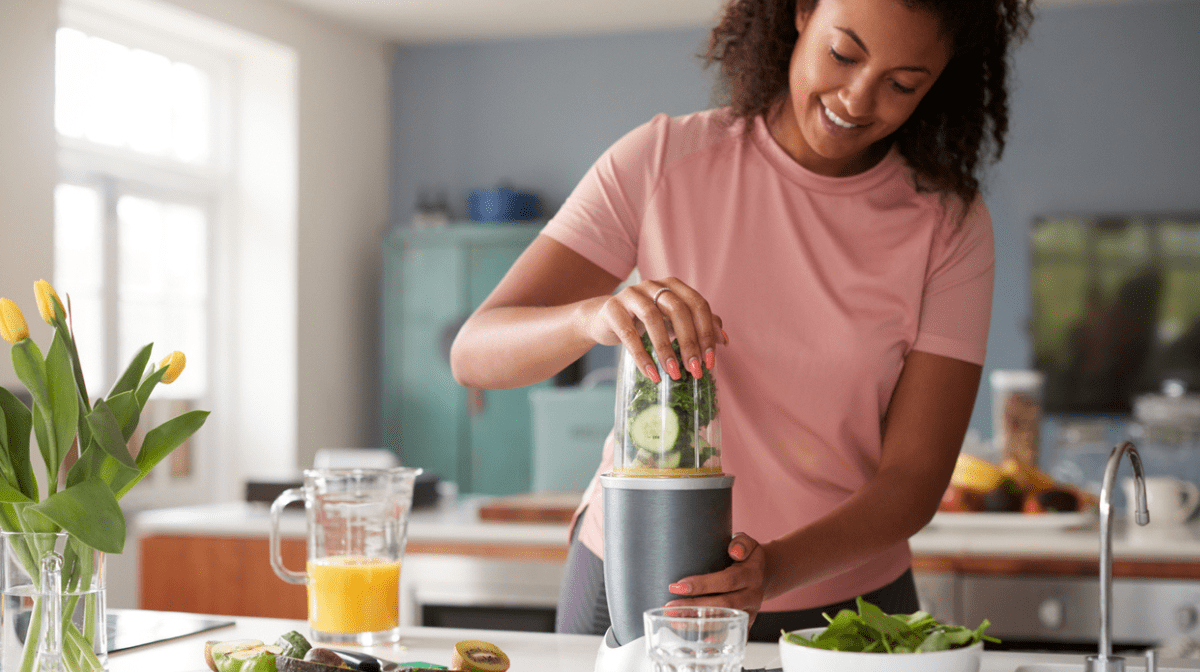
How Much Collagen Should I Take Per Day?
Learn your ideal daily collagen dosage with our guide

A Guide to the Best Pregnancy and Prenatal Vitamins
Explore our range of pregnancy vitamins.
